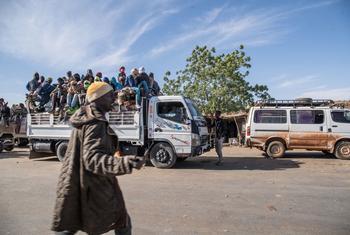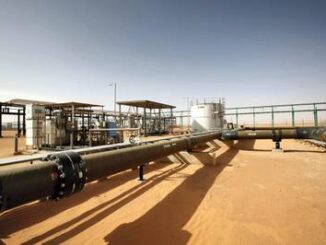
The U.N. Libya mission said in a social media post on Monday it was concerned by the clashes and the disruption to communications.
Libyan media reported that the LNA was clashing with an armed group affiliated with Mahdi al-Barghathi, who once led a brigade fighting alongside Haftar’s forces before joining a Tripoli government that Haftar did not recognise.
The LNA did not immediately issue a statement and it, and Benghazi residents, could not be reached by Reuters for comment amid the communications blackout.
A leader of the Barghatha clan, part of eastern Libya’s influential Awaqir tribe, said it had been working to effect a reconciliation between Haftar and Barghathi.
However, the tribal leader, Sheikh Abdulsalam Abdulati al-Barghathi, complained that Barghathi had entered Benghazi in a convoy, saying this was a security breach.
Libyan media outlets reported that clashes erupted on Friday evening soon after Barghathi’s arrival in his home area in Benghazi’s Salmani neighbourhood.
Mohammed Bderi, a spokesperson for Libya’s state telecommunications company in Tripoli, said the communications blackout was due to cuts in the fibreoptic cable and would take time for maintenance teams working on it to repair.
Libya has had little peace since a 2011 NATO-backed uprising and it split in 2014 between warring eastern and western factions. Haftar tried to seize Tripoli and oust the government there in 2019 but his offensive was thwarted in 2020.
Tripoli-based Prime Minister Abdulhamid al-Dbeibah said on Monday that Benghazi was witnessing “exceptional events”, saying there were armed confrontations in civilian districts and what he called the deliberate cutting off of communications.
Eastern factions have frequently contrasted what they present as security and stability in Benghazi and eastern areas with the periodic outbreaks of fighting in Tripoli and the west among rival armed factions.


